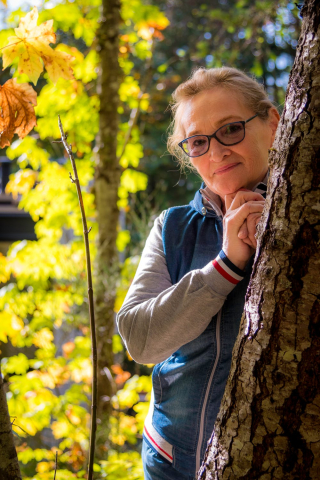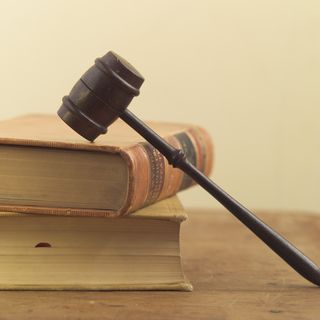With colleges starting the fall semester around the country, worries about paying for higher education and making ends meet often come to students’ minds. Family members, like parents and grandparents, will often want to help their loved one pay for college if they are able to; however, at the same time, they do not want to do so at a detriment to their own financial future. One popular method to help a student with their college costs is a qualified tuition plan. A qualified tuition plan is a type of Houston estate planning tool that allows a person to contribute to another’s higher education expenses without having to pay taxes on these contributions.
What is a Qualified Tuition Plan?
A qualified tuition plan lets a loved one, called a contributor, to either prepay their student’s qualified expenses at an educational institution or to contribute to a designated account to pay these costs. A contributor can put their funds toward tuition as well as fees, books, supplies, and equipment required to participate in the educational program. However, contributions to a qualified tuition plan cannot exceed the amount necessary to provide for the beneficiary’s expenses.
 Houston Estate Planning and Elder Law Attorney Blog
Houston Estate Planning and Elder Law Attorney Blog











